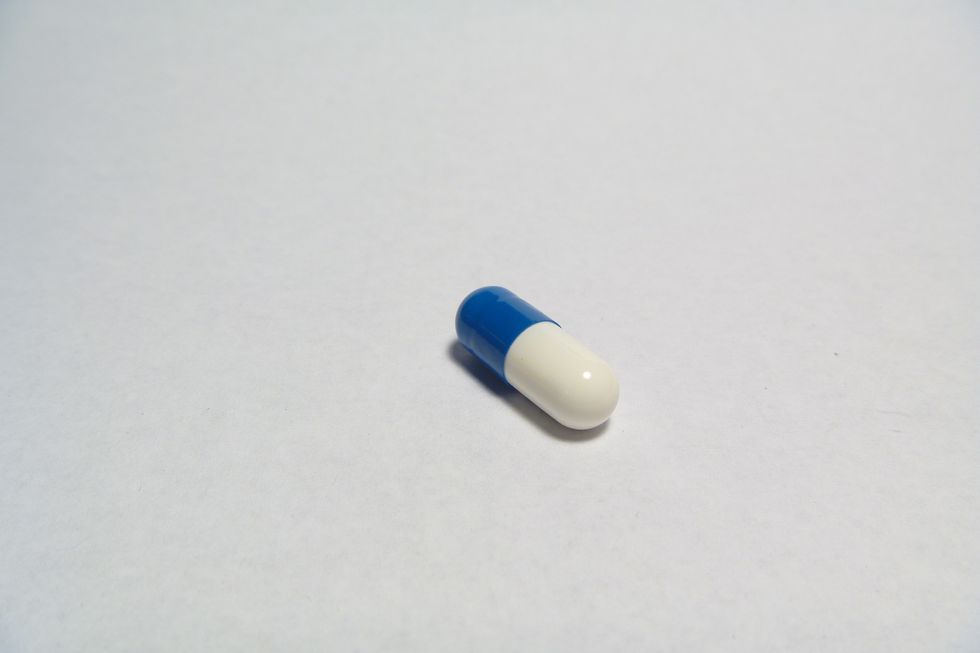The recent tragic on USC campus gave everyone a painful knock on the head. As we reflect on how we can pull people back from “jumping off the cliff,” we might also want to take a look at how to prevent our loved ones or even ourselves from ever even arriving at the very edge.
As I mentioned in my last article, more and more college students reported suffering from serious psychiatric problems, especially anxiety (41.6%) and depression (36.4%). Without proper treatment and management, these problems are associated with increased suicide risk. To give our best effort at effectively preventing suicide from even coming close, timely treatment and medication are essential.
Often, medications for treating mental disorders are only accessible with doctor’s prescriptions. However, a recent study done by Emily Tarleton from the University of Vermont found that over-the-counter magnesium supplement might be able to improve depression and anxiety symptoms. This study was conducted at outpatient primary care clinics with 126 adults (mean age 52) with depression diagnoses and current experience of mild-to-moderate symptoms.
Results showed that only 6-week consumption of magnesium supplement led to clinically significant improvements in both depression and anxiety, regardless of age, gender, baseline magnesium levels, baseline severity of depression, or use of antidepressant treatments. Basically, in plain words, over-the-counter magnesium supplement was shown to be an effective additional treatment choice for patients with mild-to-moderation depression. It works quickly, costs less, and does not lead to significant side effects like traditional antidepressant does.
However, we must also take the study with a grain of salt. Keep in mind that this is only one study result on a small number of samples (126 adults). Because the full study is not available for download yet, we cannot tell if the participants were randomly chosen or if they volunteered. If they volunteered, the positive results might’ve been influenced by the participants’ innate readiness to get better rather than purely the effects of magnesium.
Also, no follow-up results were given, so we don’t know if the improvements were long-lasting. In addition, the study only involved those with “mild-to-moderate” depression and/or anxiety. It might not work well, or at all, for those with a more severe level of depression and/or anxiety.
Ideally, we’d like to have more detailed information about this study or even replicate the study results in order to better evaluate and have more confidence in the positive results.
Still, it’s quite groundbreaking that simple over-the-counter supplement may have such significant results on depression and anxiety, two of the most common psychiatric problems among college students. This is not to say if you’re suffering from clinically severe depression or anxiety, you should quit treatment and start taking supplements.
No!
My goal is to simply provide a critical summary of a potential option for improving depression.
What you can do is to stay in treatment, but consult with your doctor, and see if this may be something worth trying!




















